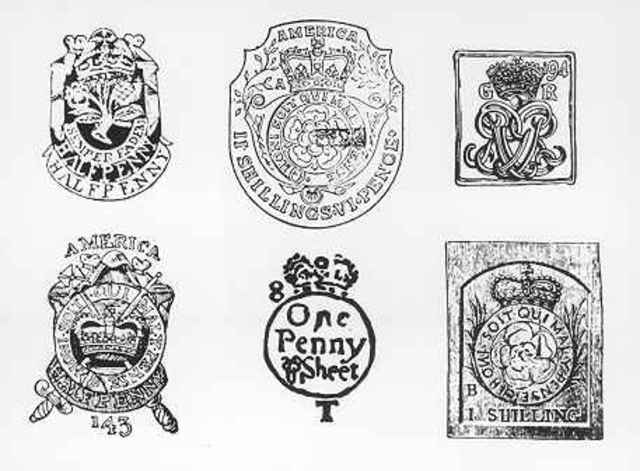


Walter Jerry Payton (July 25, 1953 – November 1, 1999)




Walter Jerry Payton (July 25, 1953 – November 1, 1999)




Andrew Lloyd Webber is an English composer and impresario
of musical theatre. Several of his musicals have run for more
than a decade both in the West End and on Broadway. He has
composed 21 musicals, a song cycle, a set of variations, two
film scores, and a Latin Requiem Mass.
![The Phantom Of The Opera [CD]](https://m.media-amazon.com/images/I/61CIVZE-hDS._SY355_.jpg)
2004
 “
“
Associated Press’ global headquarters located
in New York City.

On Nov. 1, 1952 the U.S. detonated the first hydrogen
bomb (“Mike”), resulting in the first successful full-
scale thermonuclear weapon explosion.
Operation Ivy was conducted on the Eniwetok Atoll in
the Marshall Islands.



In the face of widespread opposition in the American colonies,
Parliament enacted the Stamp Act, a taxation measure designed
to raise revenue for British military operations in America.
Defense of the American colonies in the French and Indian War
(1754-63) and Pontiac’s Rebellion (1763-64) were costly affairs
for Great Britain, and Prime Minister George Grenville hoped to
recover some of these costs by taxing the colonists. In 1764, the
Sugar Act was enacted, putting a high duty on refined sugar.
Although resented, the Sugar Act tax was hidden in the cost of
import duties, and most colonists accepted it. The Stamp Act,
however, was a direct tax on the colonists and led to an uproar
in America over an issue that was to be a major cause of the
Revolution: taxation without representation.





John Fitzgerald "Jack" Kennedy
(May 29, 1917 – November 22, 1963)
John F. Kennedy served as the 35th president of the United States
from January 1961 until his assassination in November 1963. As a
member of the Democratic Party, he represented Massachusetts in
the U.S. House of Representatives and Senate prior to becoming
president.
